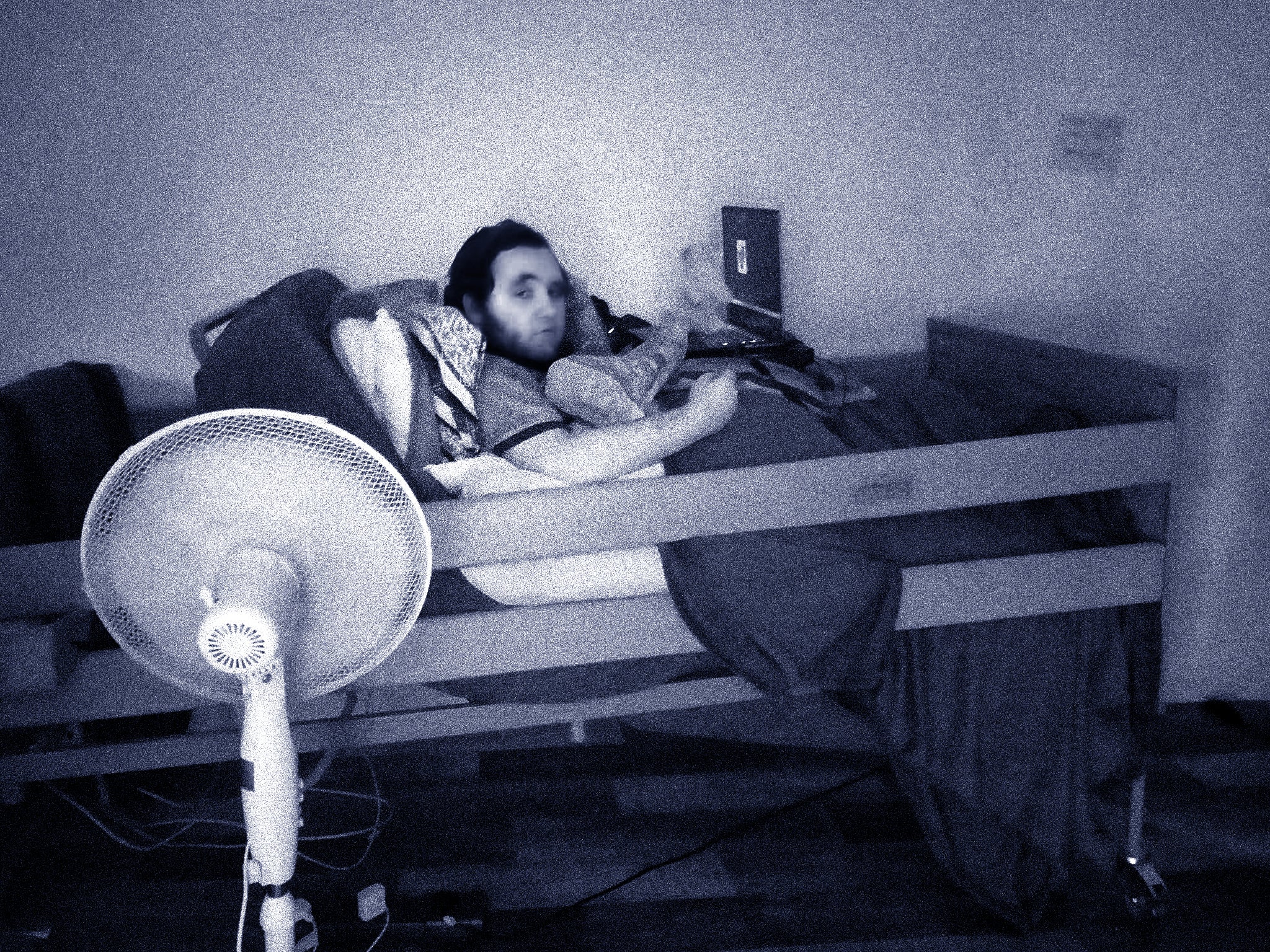Autistic adults deserve better than a miserable life in isolation
The lessons of care scandals such as Winterbourne View have been learned, insists former health minister Norman Lamb. But The Independent’s investigation into the treatment of people with learning difficulties proves our government is unconcerned that the barbarism persists

The tragedy of Nicholas Thornton – an autistic young man whose “care” involves him being kept in isolation in a windowless room for 24 hours a day, as has been revealed by The Independent this week – ought to be an exception. Unfortunately, it is all too common in a care system that too often totally fails to treat vulnerable people with dignity and humanity.
We should be shocked to read the way Nicholas has been shunted from pillar to post and locked up in institutions where a cruel and barbaric culture prevailed. But his story feels all too familiar.
It is a deeply troubling mark of our society that we continue to tolerate this, especially after all of the public scandals – most notably, the disgusting abuse by staff of people with learning disabilities and autism at the Winterbourne View hospital near Bristol, which was exposed by an undercover investigation in 2011.
When I was appointed minister for care and support in September 2012, civil servants were working on the government’s response to the Winterbourne View scandal. I made clear that I wanted to meet with parents and loved ones of the adult patients there. The stories horrified me.
One dad told me how he felt guilty that he could do nothing to help his son as he became increasingly “zombie-like” – the effect of pumping him with antipsychotics as a means of control. It is shameful that we can leave a parent to feel that they are to blame because no one was listening. Yet I heard this time and again.
That December, we published “Transforming Care”, an agreement involving all the key agencies in which they committed to do as the title suggests: to transform care, and, in particular, to ensure that all those who didn’t need institutional care were able to live a good life, with support, in the community.
First, the good news. For some people, their lives have been transformed – and I have witnessed how successful this can be. Take Fauzia, whose family asked me to visit her in a locked hospital ward. Admitted at the age of 15, she spent 22 months, largely in isolation. I was horrified by the conditions I witnessed. A bare room with a small exercise yard. She suffered constant use of restraint from staff not adequately trained to meet her needs. Her family felt totally ignored.
Eventually, we got her out of there. When I visited her two years later at a wonderful assisted-living home, she was a transformed person. She had not been restrained once since her discharge from hospital.
Yet when we read Nicholas’s story, we see how we continue to place autistic people in wholly inappropriate, stressed environments – bright lights, confined spaces, constant banging and crashing of doors. This is cruel and inhuman. So the bad news is that not nearly enough people have had their care transformed. Too often, as one person leaves, another is admitted.
So why has this scandal persisted? This is the greatest frustration of my time as a minister in the Department of Health. I naively believed in my early days as a minister that if the NHS and others committed to action, then they would make sure it happened. Yet there are so many obstacles to progress – not least the vested interests of private institutions that make their money out of keeping beds filled. And they employ the doctors who decide whether a person needs to remain “sectioned” under the Mental Health Act.
Cuts to social care have also played a part, but we continue to spend a fortune of public money on the wrong care. When you look at the data, you see that some council areas have been far more successful than others at enabling people to move into the community. Where there are leaders with a commitment to change, change can happen.
Too often, there is uncaring inertia. In 2015, I published a green paper, “No Voice Unheard, No Right Ignored”, that proposed changes to the Mental Health Act to strengthen the rights of people and their families to challenge decisions. We are still waiting for reform. This week, in the King’s Speech, we learned that the promised reforms to the Mental Health Act will not be going ahead.
Today, Baroness Hollins’ report into the use of long-term segregation in the care system condemns the government for failing to end the inhumane treatment of autistic people and those with a learning disability. She is right in this conclusion. She highlights the fact that 115 people are currently held in hospital isolation units.
I jointly chair an oversight group for an NHS England-funded programme called Hope(s), which is aimed at ending the use of long-term segregation. It is having an impact. It is changing culture in many organisations. But there is a moral imperative that this enduring scandal of treating people as second-class citizens is brought to an end.
We cannot be having this same discussion in another 10 years. We are failing people, and it is wrong.






Join our commenting forum
Join thought-provoking conversations, follow other Independent readers and see their replies
Comments